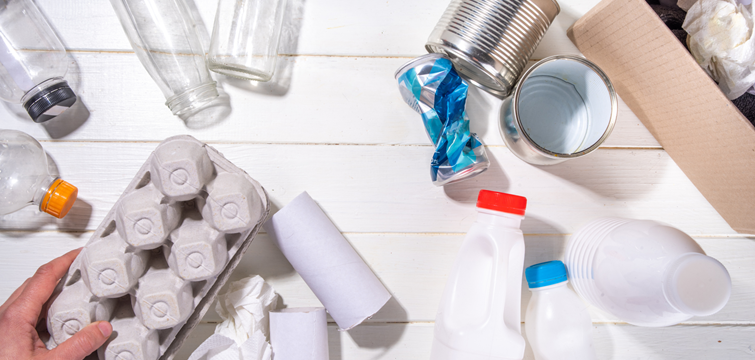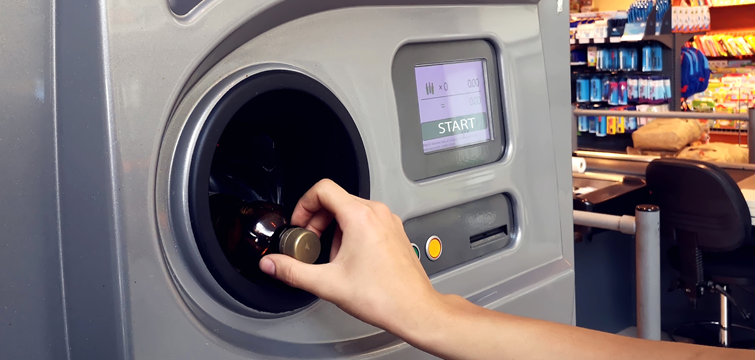Defra has accepted a proposal put forward by the Joint Trade Association to handle net income generating WEEE streams
The WEEE compliance fee is a mechanism that was added to the WEEE regulations in 2014, essentially as an alternative form of compliance for compliance schemes who are not able to procure enough WEEE recycling evidence to cover their obligation.
Its purpose was to prevent schemes being forced to buy surplus evidence from each other at inflated prices, with the WEEE compliance fee instead creating a central pot of money that can be awarded to initiatives that directly promote the collection of WEEE.
Importantly, the compliance fee is an intentionally more expensive way to comply with the regulations, ensuring that traditional means of compliance are promoted through the procurement of recycling evidence from recyclers.
If the compliance fee is being used it does highlight the fact that the WEEE collection targets set by government could be simply too stretching – if the UK fails to meet the targets, there will not be enough recycling evidence available and some schemes will have no option but to fall back on the compliance fee.
Escalated cost model
In October 2018 Defra consulted on two proposals for how the fee should run in the 2019 compliance year, put forwarded by Valpak and the JTA respectively. Ministers have now approved the JTA proposal and for it to be administered by independent accountancy firm Mazars.
The JTA proposal focusses on an escalated cost model, which is dependent on the percentage difference of evidence required. Essentially this could penalise smaller schemes, who would be charged a higher fee for the same shortfall of evidence when compared to a larger scheme. There are concerns this could disincentivise open market conditions and create more of a divide between small and large schemes.
Defra also approved the JTA recommendation for a zero fee for Large Domestic Appliances, a WEEE category with by far the highest annual collection target that it struggled to achieve in 2018.
Robbie Staniforth, head of policy, commented “As we expected, the Secretary of State approved the compliance fee mechanism for 2018. However, the most important issue is not the methodology chosen but how the fund is spent to genuinely increase the amount of WEEE collected in the UK.
Given the magnitude of the fund in 2017, and the need to meet a much higher EU target of 65% in 2019, there is a great deal riding on increasing citizen awareness and helping local authorities expand services. Progress on spending the fund has rightly been measured to date, but we hope to see some impact very soon.”

Ben Luger
Marketing projects specialist
Ben joined the team at the beginning of 2015 and helps drive marketing communications and projects for Ecosurety, including project managing the launch of the Ecosurety Exploration Fund and website content development.

Latest News

Draft packaging EPR regulations sent to European Union and World Trade Organisation
By Louise Shellard 02 May 2024
European Parliament introduce regulations to improve packaging sustainability
By Louise Shellard 30 Apr 2024
Q1 2024 recycling data reveals good performance in most materials
By Nigel Ransom 29 Apr 2024
Deposit Return Scheme for all UK nations set for 2027
By Louisa Goodfellow 26 Apr 2024
